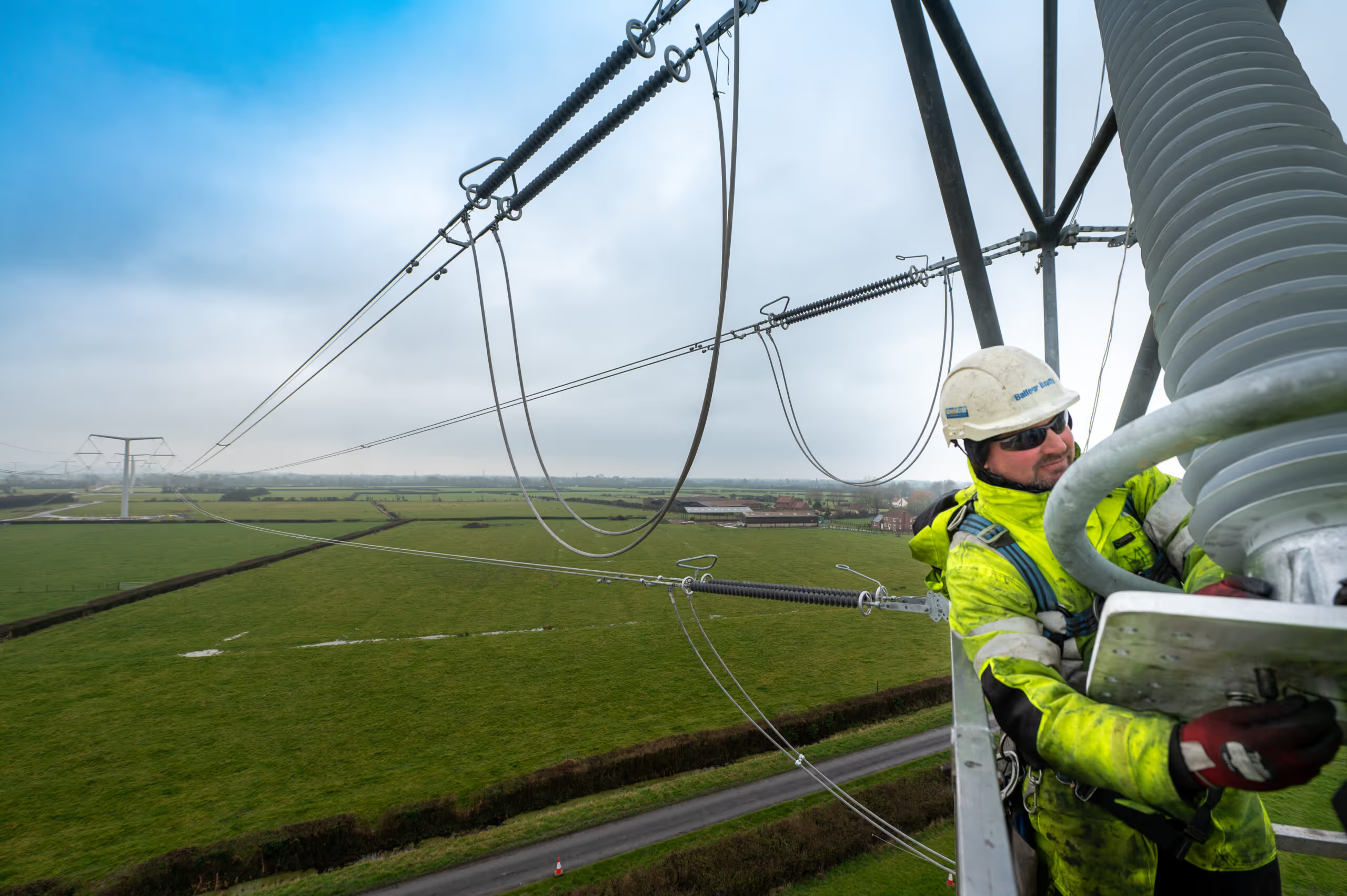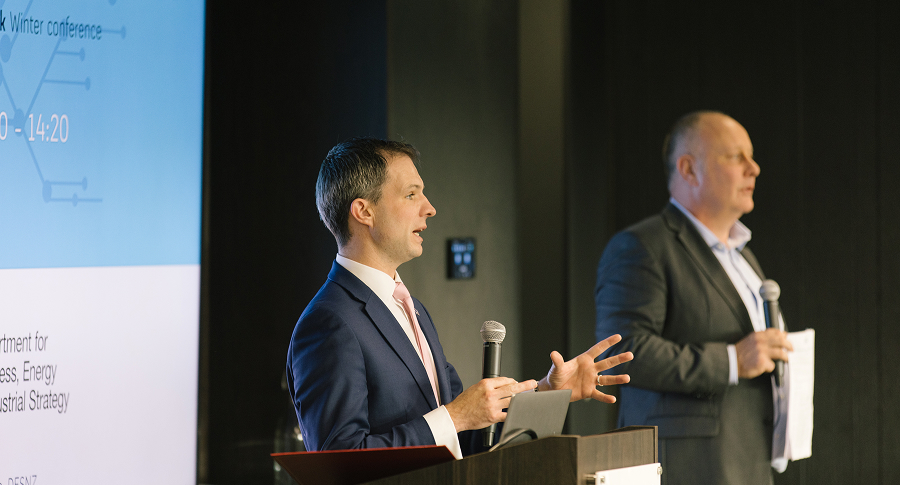The government has published its response to the Electricity Network Commissioner's report on accelerating electricity transmission network build-out. Regen's Director Johnny Gowdy unpacks the key measures.

The government has published its response to the Electricity Network Commissioner's report on accelerating electricity transmission network build-out. Regen's Director Johnny Gowdy unpacks the key measures.

Earlier this year, the UK's Electricity Networks Commissioner published recommendations to government to accelerate the construction of major grid infrastructure to address the UK's net zero and energy security objectives. The Transmission Acceleration Action Plan is the government's response and, as expected, broadly accepted the recommendations.
The newspaper headlines will probably focus on the confirmation that individuals living close to transmission lines may enjoy lower bills, while hosting communities will also benefit. But other key aspects of the action plan will be of equal importance, including the development of a Strategic Spatial Energy Plan and the streamlining of the planning and regulatory processes. The key area of weakness in the plan remains the supply chain and the need to secure cables and other critical electrical equipment as well as thousands of skilled engineers.
Highlights within the action plan include
To oversee the implementation of the action plan the government plans to establish a ministerially-chaired Transmission Acceleration Forum which will convene industry CEOs, regulators and the ESO, alongside representatives of the devolved administrations, to track delivery of the actions set out in this plan, and to monitor the impact on delivery of transmission infrastructure.
As Regen said at the time of the publication of the Electricity Commissioner's report, these are all very positive and necessary steps. The question is whether they will be sufficient to reduce lead time and secure the tens of billions in investment that are needed. A more proactive industrial strategy including a greater level of government intervention and investment may still be needed.
Sign up to receive our monthly newsletter containing industry insights, our latest research and upcoming events.